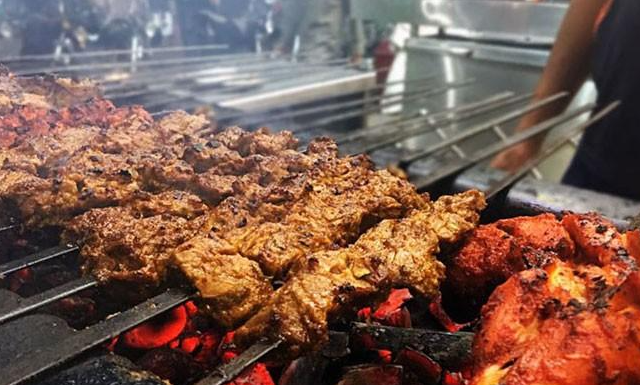ISLAMABAD (Monitoring Desk): Finance Minister Shaukat Tarin on Wednesday directed to immediately ban export of perishable food items amid fears of further spike in food inflation in Pakistan due to hike in the international markets.
The minister repeated instructions at least for the third time in a meeting of the National Price Monitoring Committee (NPMC), which he chaired to review the prices trends.
“The finance minister directed the Ministry of Commerce to expedite the process of banning export of perishable commodities in consultation with Ministry of National Food Security and Research for the next three months to ensure availability of such commodities at an affordable price to the consumers,” stated the finance ministry.
However, in the last NPMC meeting, the Federal Board of Revenue (FBR) had informed the finance minister that during the past two months there was no export of tomatoes and onions from Pakistan. Last week, the commerce ministry had also told the finance minister that the food ministry did not move a summary for banning the exports.
The finance ministry stated that the decision to ban perishable goods has been taken in view of seasonal variations as well as rapidly evolving situation in Afghanistan.
In addition to exports, huge quantities of wheat, sugar, wheat flour and perishable goods are smuggled to Afghanistan in spite of the fact that the country has been importing highly expensive wheat and sugar.
The NPMC also predicted a further spike in the food inflation in Pakistan.
“While reviewing prices of essential commodities, the NPMC noted that current hike in international prices of food commodities may continue to remain strong in the months to follow due to global supply bottlenecks”.
The finance minister stated that inflation in food commodities was an international phenomenon at the moment.
The NPMC meeting was held a day after Economic Advisory wing of the Finance Ministry warned about second round of inflation.
“Monthly inflationary impulses may come from second round effects of previous increases in international commodity prices, currency depreciation and some seasonal factors,” stated the report.
The finance ministry report stated that yearly inflation in September is likely to end up in between 7.5% to 8.4%.
The Pakistan Bureau of Statistics (PBS) gave a detailed presentation about collection of prices across different cities/markets to compile weekly SPI. The NPMC directed to hold consultative sessions with provinces to sort out issues in effective coverage of markets to ensure data collected by PBS reflects the prevailing trend of prices of the items of daily use including Saasta Sahulat Baazars for extensive and accurate calculation.
The finance secretary briefed the NPMC about decline in weekly SPI by 0.07%. The rise in global food commodities and petroleum prices due to Covid-19 pandemic has affected the prices of essential food items worldwide. The continuous uptick in international food prices is affecting the domestic prices as Pakistan is a net importer of staple food items namely wheat, sugar, edible oil and pulses, he added.
While taking stock of the situation, the finance minister expressed satisfaction over the release of wheat by the provincial government of Punjab at the government specified rate which is easing out price of wheat flour bags in the province.
This month Prime Minister Imran Khan approved to increase wheat release price by 32% to Rs1,950 per 40 kg.
The finance minister directed the provincial chief secretaries of Sindh, Balochistan and Khyber-Pakhtunkhwa to expedite the process for releasing wheat at the price determined by the government after fulfilling requisite formalities. The finance minister reiterated the firm commitment of the government to ensure smooth supply of wheat flour across the country at government specified price.
The Utility Stores Corporation MD apprised the committee about the progress on automation of processes and integration with Ehsaas data system to work out a mechanism for provision of direct subsidies to the beneficiaries as per eligibility criteria.
The finance minister has twice announced to give targeted food subsidies but so far no mechanism has been developed.
The MD further updated about the installation of point of sales. The finance minister, as chairman of NPMC, directed the USC MD to complete the entire process of automation by December 2021.
Tarin had also announced to reduce taxes on cooking oil, which he said could bring vegetable ghee and oil prices down by Rs45-50 per kg to Rs290 from Rs340.








